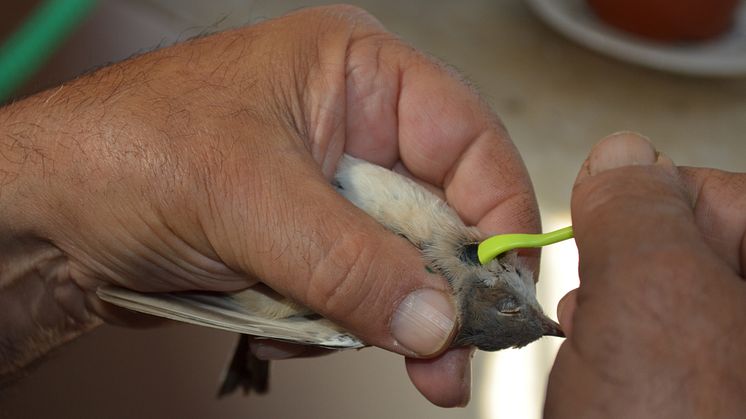Surgery unnecessary for many prostate cancer patients
Otherwise healthy men with advanced prostate cancer may benefit greatly from surgery, but many with this diagnosis have no need for it. These conclusions were reached by researchers after following a large group of Scandinavian men with prostate cancer for 29 years. The results are now published in The New England Journal of Medicine.
